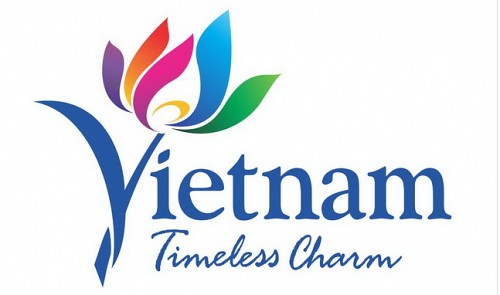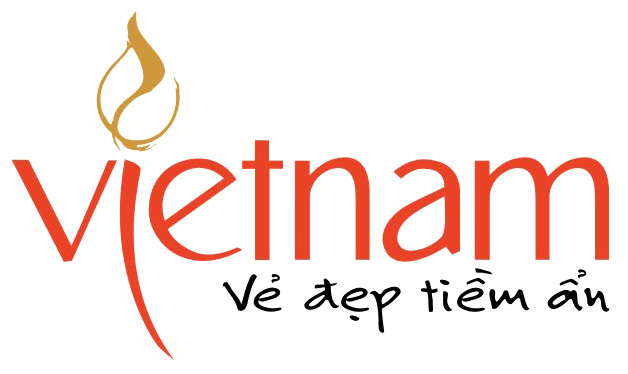A PHP Error was encountered
Severity: Notice
Message: Trying to get property of non-object
Filename: layout/header.php
Line Number: 250
A PHP Error was encountered
Severity: Notice
Message: Trying to get property of non-object
Filename: layout/header.php
Line Number: 251
A PHP Error was encountered
Severity: Notice
Message: Trying to get property of non-object
Filename: layout/header.php
Line Number: 256
A PHP Error was encountered
Severity: Notice
Message: Trying to get property of non-object
Filename: layout/header.php
Line Number: 259
A PHP Error was encountered
Severity: Notice
Message: Trying to get property of non-object
Filename: layout/header.php
Line Number: 262
Visavietnamsupport delivers the best, fastest and most reasonable visa application services to the customers. Please contact Mrs. Hương via 0989.496.239 for consultance and support.
Not only known as the "Asian dragon", China is also one of the most famous tourist attractions. If you are planning to travel to this beautiful country, you should pocket some China travel tips to avoid unexpected things happening on your trip.
1. China visa application
-To prepare for a trip to China, you need to get a Cina visa. You can refer to our China visa procedures here
2. Appropriate time to travel
- China is a huge country with many different climate range and landscapes. The weather is also very diverse. The north is usually cold with severe arctic winters. The central region is more temperate while the south is predominantly subtropical.

- Beijing is cold and windy in winter, hot and dry in summer. The sky is the most beautiful in the spring and autumn. From December to February, you will experience extreme cold in Beijing. From July to August, you will have a chance to experience the rainy season in Shanghai. This is the time we don't recommend you travel.
- Autumn in Beijing starts in October. During this time, the weather is very cool and the autumn scenery is attractive with ancient and mysterious atmosphere. The sun slight shines and the yellow leaves are all over the Great Wall, mountains, tombs, palaces, parks ... bringing a sense of excitement to visitors.
3. Transportation in China
Transportation to China
- You can either travel to China by plane, train or road.
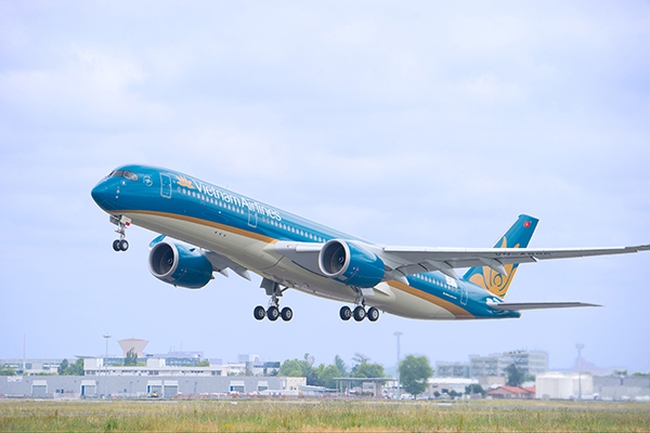
- For those who love to fly, they can buy tickets from many popular airlines such as Vietnam airlines, Hong Kong airlines, Shang Hai Airlines. The planes can depart from Hanoi or Ho Chi Minh city to Beijing, Shanghai, Guangzhou.... If you want to take the roads, you can travel by train or bus from Hanoi to border gates such as Huu Nghi Quan, Ha Khau (Lao Cai), Mong cai (Quang Ninh.)...
Transportation in China
- You don't have to worry much about this as China has a very developed and giant transportation network. You can even take a flight to travel from one province to another. Besides, trains are preferable if the travelers want to save off some money and time. If you're not bound to the time, you can use public transport such as bus, underground, tram, taxi, cyclo, bike,etc.
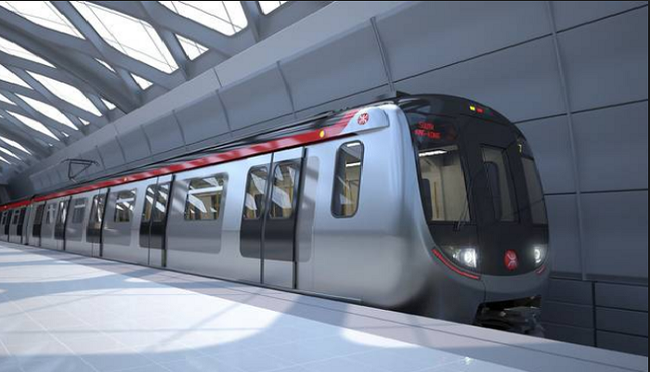
- Underground can only be found in Beijng, Shanghai,Tianjin, Nanjing, Guangzhou, Shenzhen and Hong Kong. Though this means of transportation is not really popular but it helps travelers to reach shopping malls more easily since these complexes are located near many underground stations.
- China now has more than 140,000 km of inland waterways. Boats and ferries run on rivers such as Heilongjiang, Yangtze, Huangpu Jade River and Beijing-Hangzhou Canal. There are many interesting Chinese boat rides where visitors cam enjoy the beautiful river views and cool air.
4. Currency
- Chinese currency is Remmingbi (RMB or CNY)
- Denominations: 1RMB, 2 RMB, 5 RMB, 10 RMB, 20 RMB, 50 RMB, 100 RMB.
- You can only use RMB to make your payment in China.
5. Customs and Practices
China is a colorful country and very rich in traditional culture. Here are some popular customs and practices of Chinese people:
- Chinese Lunar New Year: is the biggest traditional New Year holiday.
- Kitchen gods holiday on December 23: sending off the Kitchen Gods to report everything happening to the family during the year to the Jade Emperor. After this day, Chinese families began to clean the house, writing New Year couplets.
- On the 29th and 30th of the lunar new year, Chinese families will worship the ancestors and gather together to have a meal at the end of the year.
- In the past, on the morning of the New Year, there was a tradition of "open gates and burn the firecrackers" to welcome the new year. Men get up early, dress up well and go to celebrate with their relatives. On the second day of the Lunar New Year (or in the North of China, the third day of Tet), women with their families go visit their mothers' home. Of course, giving lucky money to children to celebrate their new age is a must.
- Dragon Boat Festival (the 5th of the 5th lunar month), the origin of the traditional New Year in China with the legend of Qu Yuan.
- Strange customs on weddings in China: brothers in the Tibetan family sharing a wife; polygynous marriages in Zhejiang; burning torches to welcome brides of the Dong ethnic group in Jing'an County; throwing brides in spring on the Oo Long mountains near the bank of the Xian An River in Yunnan; child marriage of Man people in the South of China people; The custom of throwing mud in weddings of the Dong people in China; The custom of trying beds in Luoyang, China ...
6. Places to visit
China is a huge country so there are a huge number of tourist destinations in this country.
- Tiananmen Square is one of the most prominent tourist destinations in China and also the heart of the Chinese people. With a length of 880 meters and a width of 500 meters, in the middle of the square is the Monument to the People's Heroes and the mausoleum of Mao Zedong. Here, national events often take place and the security level is extremely high. Coming here, you will have to admire the massive architecture, the vast space of the Square.

- The Great Wall of China, the world famous wonder. Most international tourists coming to China choose the Great Wall as the first destination to visit as to satisfy their curiosity with this unique ancient wonder that used to mark a golden time of Chinese feudal history with world-wide influence.
- Wuxi Film Studio is one of the most famous attractions in China today, welcoming millions of tourists every year. Wuxi Studio is under the Beijing Central Television on a very large scale, located in Wuxi City, Jiangsu Province.
- Besides the above locations, we also have to mention De Tang Gate, Di Hua Garden, Wang Fu Jing street, Shīzi Forest, Tay Ho, Lin An Pagoda ...
7. Cuisine
- Chinese restaurants can be found anywhere in the world with lots of delicious food and eye-catching decorations. However, when traveling to China, you will be more surprised at the sophisticated dishes, different flavors of regional cusine of China.
- Rice is a most important part of Chinese cuisine, however, in many places in China, especially the north, the central part of China, products made from wheat such as noodles and baozi (local dialect: Mantou) is predominant, as opposed to southern China ”where rice wins over. However, in many localities, rice is a side dish and eaten later in the form of fried rice, Soup isb always used before meals.
- Chinese people love pork. They are also fond of fish, especially carps. Beijing roasted duck is the so famous in Beijing that if you miss the chance to taste, your trip to China will means nothing.

- Besides savory dishes, China is also famous for vegetarian dishes, often cooked in popular restaurants or pagodas. The appearance and name of these food are just the same as normal dishes but they are actually made from processed agricultural products.
- The southwestern province of Sichuan is famous for its spicy dishes. Sichuan peppers and chillies are very hot and spicy. Coming to Shanghai, Guangzhou, Suzhou, You must try some dishes made from freshwater fish.
8. Shopping
- Goods in China are very diverse in terms of types, quality and prices. You should choose carefully, carefully consider the price to have a good bargain when buying. When shopping, you should prepare yourself a calculator or a calculator app in your phone to calculate the price.
- Each city has its own famous shopping mall with many unique characteristics. Beijing has Wangfujing, Suzhou has Guang Tian Walking Street, Shi Zhi Street; while Shanghai has the busy Nanjing Road. The two largest shopping areas in China are Guangzhou and Shenzhen, with everything from clothing, shoes, wool to computer electronics markets.
9. Some notes
+ In Mainland China, there is no need to"tip"service staff.
+ If you want to buy some Eastern medicine, be careful with the source of the medicine to avoid money wasting. You'd better go to the large pharmacies and avoid small and cheap shops.
+ When buying goods at retail stores, you should consider and assess prices carefully, it is best to go to the supermarket.
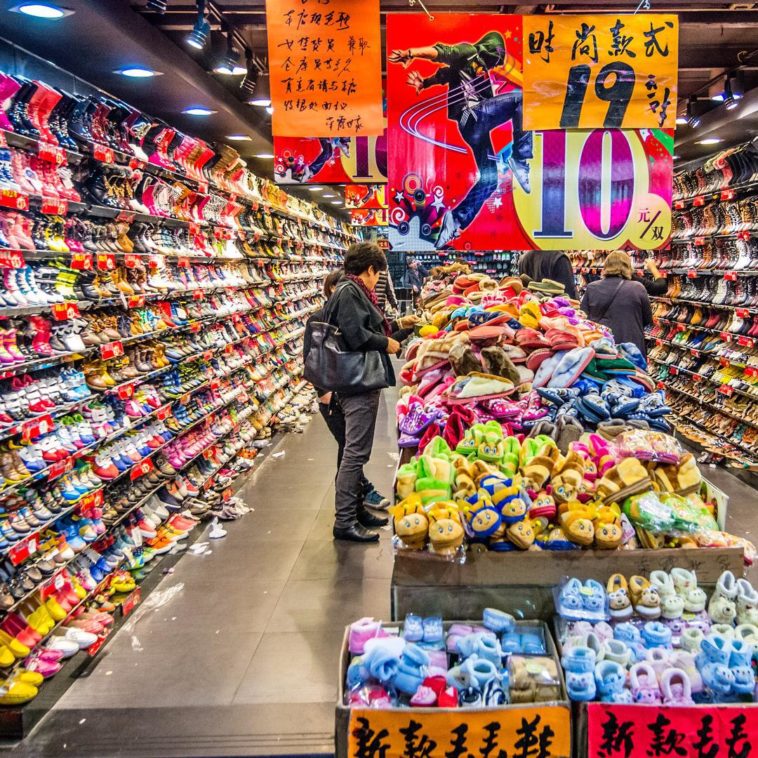
+ In the southern provinces of China such as Guangxi and Guangzhou there are many Chinese guides who are very good at Vietnamese. But in the northern provinces like Shanghai, Beijing, there are not many of them. Most attractions rarely sell English manuals or documents. If possible, visitors should learn some facts about the places they're going to beforehand.
+ Regarding hygiene, in tourist areas such as Lao Gungdian, pagodas, memorial temples, etc, hygiene is strictly managed. If anyone who spits, litter on the street, urinates not in the right place will be severely punished. In addition, in communication, visitors should avoid talking or mentioning "sensitive" issues related to politics, border issues, war history. Chinese people love being asked about their culture.
+ Counterfeit money alerts: you should check carefully when receiving changes by comparing with the real money you have, especially for large denominations
Above are the Chinese travel tips that every tourist should know. Hopefully this can be useful in your trip to China!
For more information about visa application, please contact:
HGTECH INTERNATIONAL TECHNOLOGY DEVELOPMENT AND TRADING COMPANY
ADDRESS: 42 PHAN VAN TRI, DONG DA DISTRICT, HANOI
Phone number: 0243. 7326896 - 0243. 7326897 - Hotline: 0989.496.239 ( Mrs. Hương )
Email: visa.vn55@gmail.com
Website: http://visavietnamsupport.com/



















